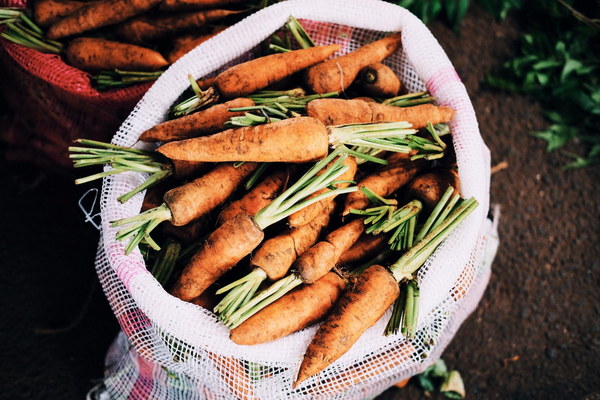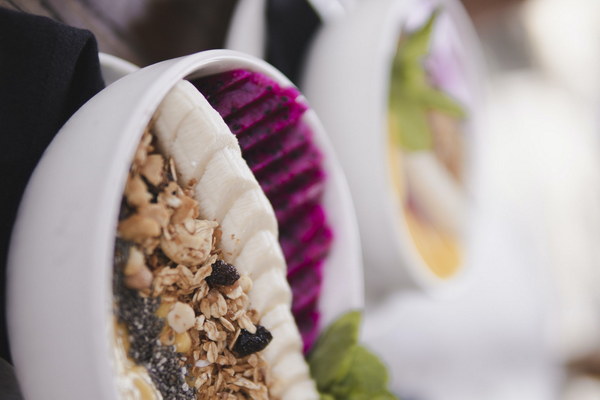Nurturing Your Lungs A Journey into the World of Cough and LungNourishing Herbs
In the realm of traditional medicine, the pursuit of health and wellness is deeply intertwined with the use of natural remedies. Among these, cough and lung-nourishing herbs have been revered for their ability to soothe the respiratory system, alleviate coughs, and invigorate lung health. This article delves into the fascinating world of these herbs, exploring their properties, benefits, and traditional uses.
1. Ginger (Zingiber officinale)

Ginger is a well-known herb with a variety of health benefits, including its cough-suppressing properties. The root of this plant contains compounds that help reduce inflammation and mucus production in the respiratory tract. In traditional Chinese medicine, ginger is often used in combination with other herbs to treat colds, flu, and bronchitis.
2. Licorice Root (Glycyrrhiza uralensis)
Licorice root is another popular cough and lung-nourishing herb, renowned for its ability to soothe sore throats and reduce inflammation. It contains glycyrrhizin, a compound that has been shown to have anti-inflammatory and expectorant properties. Licorice root is often found in herbal teas and tinctures, and is sometimes used in conjunction with other herbs to treat respiratory conditions.
3. Elecampane (Inula helenium)
Elecampane is a plant that has been used for centuries to treat respiratory ailments. Its roots contain inulin, a natural expectorant that helps to thin mucus and ease coughing. Additionally, elecampane has antimicrobial properties, making it a valuable herb for combating infections that may lead to respiratory issues.
4. Mullein (Verbascum thapsus)
Mullein is a versatile herb that has been used historically to treat a variety of respiratory conditions. Its leaves contain mucilage, a substance that helps to coat and soothe the respiratory tract, making it easier to cough up mucus. Mullein is often used in the form of teas, tinctures, and poultices, and can be beneficial for bronchitis, asthma, and other respiratory infections.
5. Thyme (Thymus vulgaris)
Thyme is a well-loved herb that has been used for its cough-suppressing and lung-nourishing properties for centuries. The essential oils found in thyme have expectorant and antimicrobial properties, making it an effective herb for treating respiratory infections. Thyme can be used in teas, infusions, and tinctures, and is often combined with other herbs for enhanced effectiveness.
6. Echinacea (Echinacea purpurea)
Echinacea is a popular herb known for its immune-boosting properties. While not directly a cough or lung-nourishing herb, echinacea can help strengthen the immune system, making it more resistant to respiratory infections. It is often used in combination with other herbs, such as goldenseal, to treat colds, flu, and upper respiratory infections.
7. Peppermint (Mentha × piperita)
Peppermint is a refreshing herb that can help alleviate cough and respiratory discomfort. The menthol found in peppermint has decongestant and expectorant properties, making it a valuable herb for treating colds, flu, and bronchitis. Peppermint can be used in the form of teas, essential oils, and lozenges, and is often combined with other herbs for enhanced effectiveness.
In conclusion, the world of cough and lung-nourishing herbs is vast and diverse, offering a wealth of natural remedies for respiratory ailments. While these herbs can be beneficial for many, it is important to consult with a healthcare professional before starting any new herbal treatment. By exploring the properties and benefits of these herbs, one can embark on a journey toward healthier lungs and a more robust immune system.









